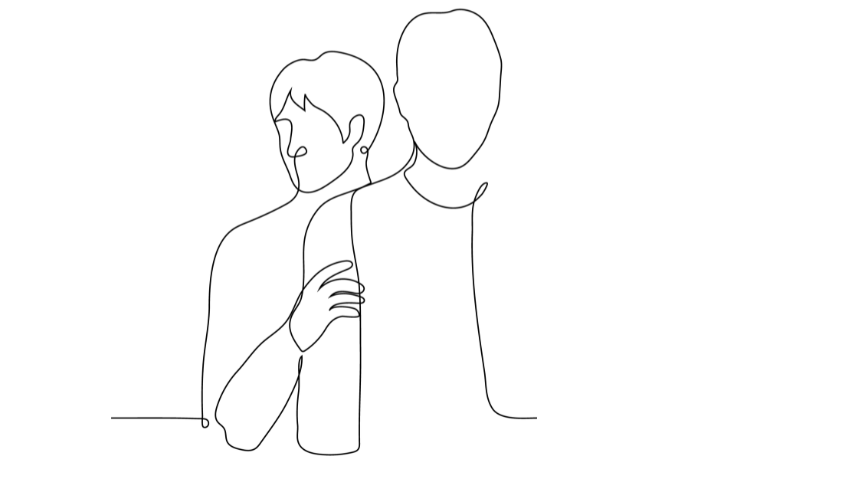The white lie
Is it always best to tell the truth? When someone with Alzheimer’s asks you the same question repeatedly, it’s hard not to get impatient and try to reason with them. But this isn’t always the best strategy.
For example, you’re worried about your husband’s memory loss and would like him to seek professional help. But it’s hard to convince him to see a doctor because of his fear of being diagnosed with a problem. One strategy might be to tell him that you’d like to first make an appointment for yourself.
Rather than being confrontational, it’s better to listen to what they’re saying and try to understand their point of view rather than imposing your own.

Is telling a white lie wrong?
Lying or withholding information to avoid hurting someone’s feelings or to preserve their dignity is known as telling a “white lie.” It’s done with good intentions, kindness and the desire to protect others. So it’s not malicious; on the contrary, it aims to support the other person’s well-being and happiness.
Video capsules
(Our videos are only in French)